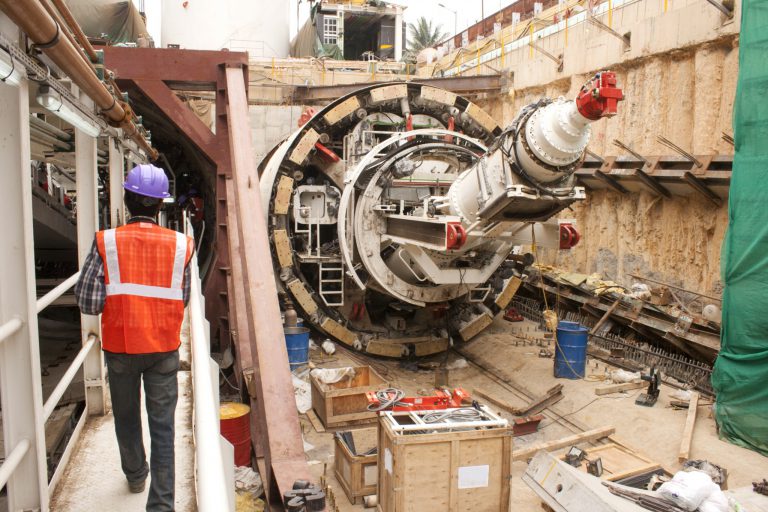
The Russian government plans to make significant cuts to specialised courses that are currently available at Russian university, citing financial strain and ongoing reforms to the region’s higher education sector as reason for doing so.
A number of esteemed MPs, as well as representatives from Russia’s space and engineering industries, have criticised the move, claiming it could lead to a lack of specialised skill in the technical workplace.
The Russian Ministry of Education and Science has devised an approved “list of specialities and areas of training of the Russian higher education” to implement the necessary changes.
Russia : industry alarmed by deep cuts to university technical courses https://t.co/aJlOF1RK8v #highered #engineering #aerospace #technology
— UniversityWorldNews (@uniworldnews) March 18, 2016
Of the 55 specialised engineering and technical disciplines currently taught at Russian universities, only three with continue running from 2017, which fits in accordance with the new, government-approved list.
The Ministry of Education and Science divulged that the supply of specialised degrees will depend on the demand for these particular professions within the domestic labour market, since the Russian government seeks to reduce the amount of time, money and other resources currently being invested in students who are unable to find a job relevant to their degree upon graduation.
President Vladimir Putin has voiced his support for the initiative, claiming the reduction of specialised provisions at Russian technical colleges and universities is “reasonable”, but that the reforms should not affect high school education providers who are well-equipped to administer specialised, practical training.
Industry alarmed by deep cuts to speciality courses in Russia – University World News: https://t.co/bBritgZm0e
— Julie A. Peterson (@jpcleadership) March 21, 2016
Despite Putin’s encouragement, the reforms have seen criticism from within Russian parliament; according to Vladimir Gutenev, for example, first deputy chairman of the Committee on Industry of the Russian State Duma, the Russian government must consider the current status of Russia’s engineering and other technical industries before making any cuts, or results could be extremely detrimental.
“Such cuts may break the existing fragile system of training and engineering specialists in Russia,” he said.
“To date, we have already received a large number of protests and complaints from representatives of many Russian leading industrial enterprises and higher education institutions with negative feedback on these innovations and there is a need to revise them once again.”
Russia cuts 10% of university spending http://t.co/7yOg62zUF4 via @GUventuring #HEfunding #Currency #UkraineWar
— The OBHE (@theobhe) February 23, 2015
Gutenev’s opinion is shared by the majority of Russia’s state corporations, many of whom claim they are already in the midst of a significant skills shortage in industry.
“The Russian space industry has recently put an order for the training of specialists for its needs, which takes place in accordance with special educational programmes, which are currently implemented by some domestic universities,” said Igor Komarov, director general of Roscosmos, the government department responsible for the Russian space programme.
“This year the order is set at the level of 534 people, while next year these figures should be increased to 713. Planned reduction of technical specialities may pose a threat for the implementation of these plans.”
Additional reporting by University World News.
Image via Shutterstock.
Liked this? Then you’ll love these…
Amazon is named the biggest US graduate employer in technology
A focus on Science and Engineering could solve Australia-India education crisis







